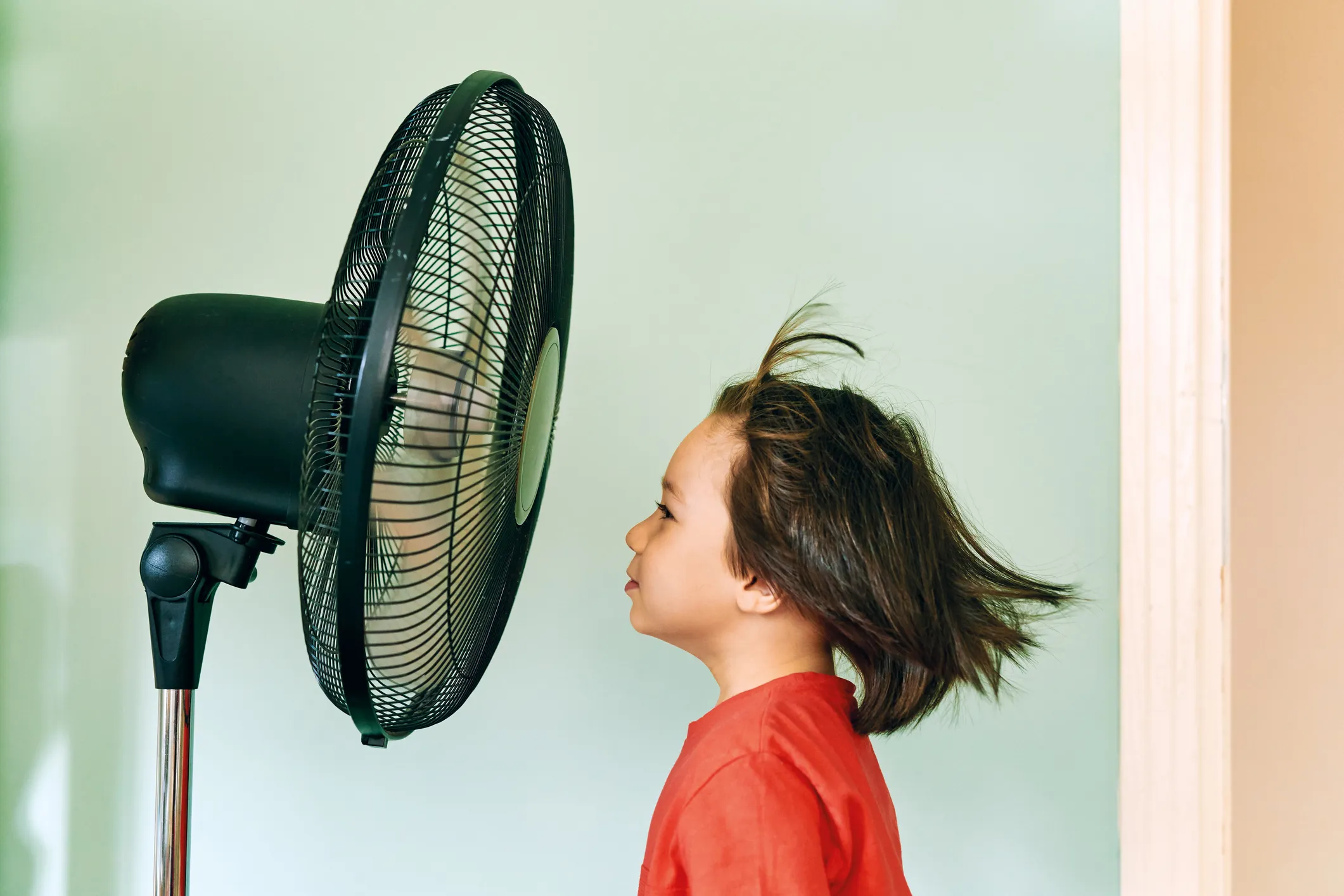Avoid These 12 Common HVAC Concerns This Summer
During the heat of summer, you count on your HVAC system to keep your home comfortable and safe from the heat. That being said, your home’s air conditioning may experience issues as usage goes up as the temperature does. Learn about 12 frequent HVAC headaches in the summer to help you avoid or address them as needed.
1. Poorly Adjusted Thermostat
Incorrect thermostat settings can cause performance issues and higher energy costs. If you have trouble reaching the right temperature, start with your thermostat. If a member of the family keeps turning the settings higher or lower, it’s more difficult to balance convenience and energy efficiency.
2. High Humidity
Excessive indoor moisture levels makes the air feel muggy and encourages mold spores. Air conditioning chills and dehumidifies the air together, but this may not be adequate in particularly warm climates. Setting up a dehumidifier should solve the problem unless the cooling has a small but growing issue that can encourage humidity levels to go up.
3. Obstructed Condensate Drain
The condensate drain gets rid of the excess moisture generated by the cooling process. A blockage in the drain lines can result in water damage or mold gaining a foothold. It’s a good idea to consistently inspect and clean this drain if necessary to avoid problems like clogs or water damage.
4. Weak Airflow
Airflow may get worse if you have a clog in the air filter, damaged ductwork or a clogged condensing unit. Preventive maintenance such as swapping out the air filter, keeping all air registers open and cutting back any weeds from around the outdoor unit should boost airflow. A constant stream of problems might mean there are serious issues like ductwork damage or a faulty compressor, which will all need professional servicing.
5. Leaking Coolant
The refrigerant supply is the key ingredient in air conditioning. Leaking decreases the system’s total supply and reduces cooling efficiency, forcing your unit to work harder even as the comfort level falls away. Refrigerant problems are more likely in old units but may pop up in any system stressed by higher usage. The signs of a leak include hot air blowing from your vents, whistling or gurgling sounds, and unexpectedly high cooling costs. Only HVAC professionals can resolve the problem as handling refrigerant requires EPA certification.
6. Ice and Freezing Problems with Your Air Conditioner
A frozen air conditioner often comes from low airflow or a leak in the coolant supply, both of which may prevent your HVAC from properly circulating hot and cold air. A large amount of ice on the coil interrupts the cooling process and may cause extended damage. Consistent maintenance is essential to avoid freezing and ensure efficient operation.
7. The Cooling Cycle Starts and Stops Too Often
Short cycling is when the AC unit starts and stops more frequently than usual. This is a sign of an oversized air conditioner, clogged air filter or electrical issues. Sudden short cycling hurts efficiency and can reduce your unit’s life span, so hire trusted local technicians to identify the cause and find a solution.
8. No Electricity to the Air Conditioning
If the AC struggles to start, inspect for a triggered breaker or blown fuse first. If this is not the issue, there could be a problem with the unit’s capacitors or contactors, which are responsible for starting the unit. Contact a professional to set up a repair appointment.
9. Frequently Tripped Breakers
Another issue with the circuit breakers, you shouldn’t have to continually reset them. The HVAC system should be on a dedicated circuit that is appropriately sized to be compatible with this high-power equipment. Regular circuit breaker resets can be a safety hazard, indicating an electrical malfunction that needs urgent attention.
10. Unclean Condenser Coils
The condenser coils on the outdoor cabinet are constantly exposed to the elements, so dirt and debris may collect over time. Insects, dirt and dust, grass clippings and other built-up debris start to cover the unit, hampering its ability to expel heat and increasing daily wear and tear. Clean these coils regularly with a soft spray from your home’s garden hose to help preserve system efficiency.
11. Unusual Noises
Unusual noises coming from your HVAC system often means something isn’t right. Screeching could point to a belt in need of replacing, while clanging or knocking sounds may be coming from unsecure components. Don’t try and ignore these sounds, as they could be signs of bigger problems, more expensive repairs or complete system failure if not addressed soon.
12. Strange Smells
If you pick up gross smells coming from the HVAC system, examine further to determine where they’re coming from. A scorched smell points to electrical damage or a component overheating, while a musty odor suggests mold growth within the system. Odd smells often need immediate attention to limit the risk of health problems and performance issues.
We Are Devoted to Your Comfort
At Enercare Accent, nothing is more important to us than your comfort and satisfaction. Our certified technicians deliver fast, but long-lasting solutions to all your comfort problems, with service backed by our 100% satisfaction guarantee. If you’re not entirely happy with the results, we’ll do what it takes to make things right. So, the next time your air conditioner starts short cycling or making weird noises, contact us for Expert service that always exceeds expectations.


